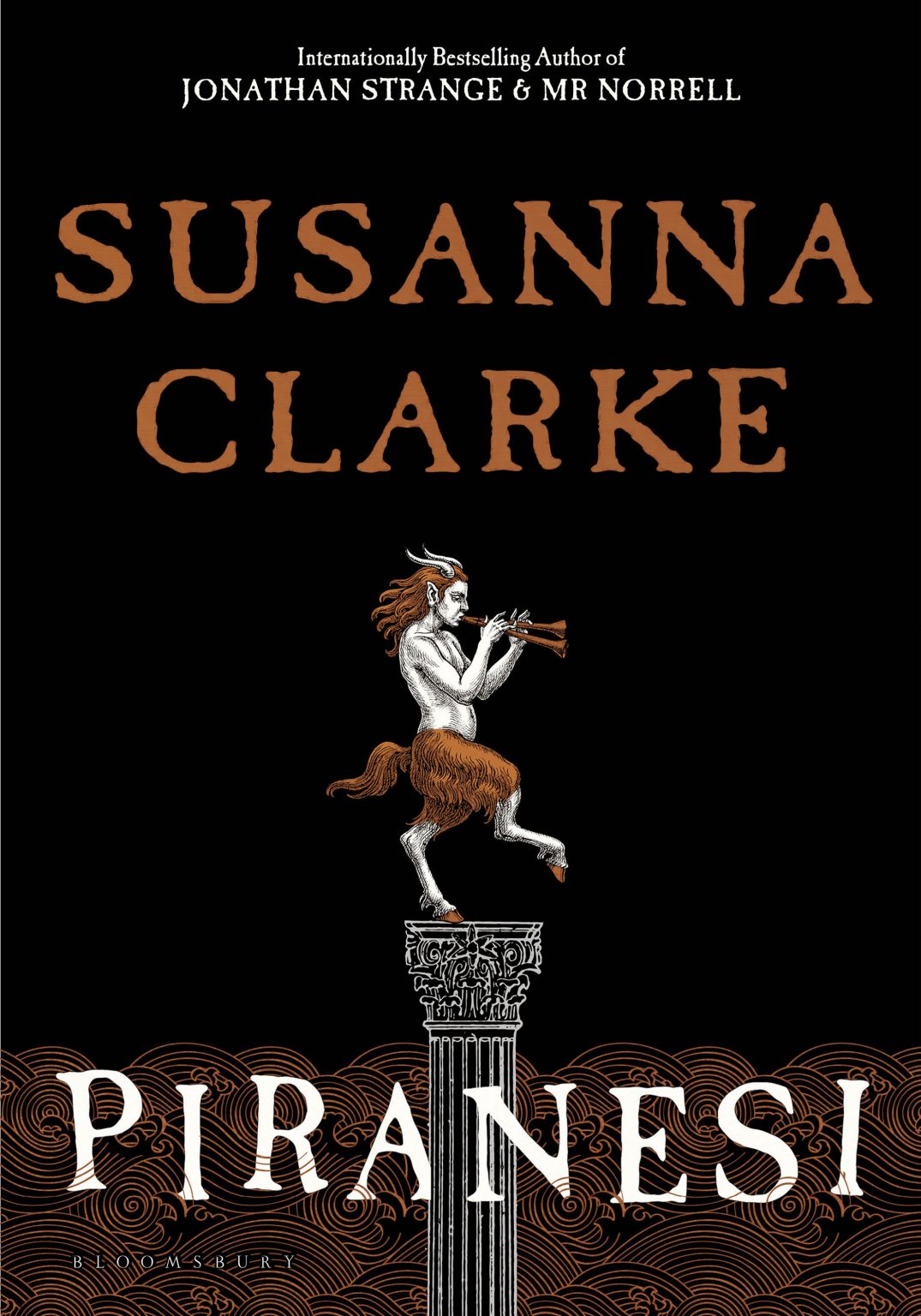

“‘I am the Beloved Child of the House,’ he says. The parallels between Clarke and Piranesi, who is named after Giovanni Battista Piranesi, an 18th-century Venetian archaeologist and architectural artist, end there, though, because unlike her he is happy with his captivity. Like Clarke, who loved tramping the moors before her collapse, Piranesi, who describes himself as a “scientist and an explorer”, enjoys walking vast distances in the mysterious world (or “World”) she conjures up. “This is a book about a man who lives in a house in which an ocean is imprisoned,” she says. Wary of giving too much away, Clarke boils the plot of Piranesi down to a pithy one liner – a trick she learned from Neil Gaiman, who was an early champion of her work. I would have been in a dire situation because the book kept us going financially when I couldn’t work.” Susanna Clarke wins the Women’s Prize for Fiction 2021 (Photo: Dave Benett) “I regret that I got ill, but I’d had bouts of this illness before publishing Jonathan Strange.


Today she is sanguine about what happened.


 0 kommentar(er)
0 kommentar(er)
